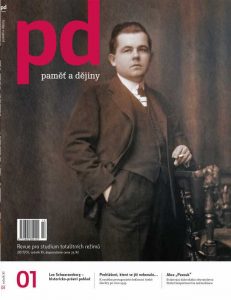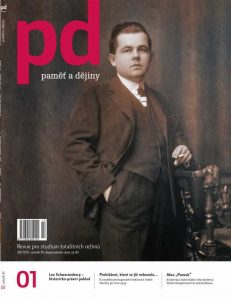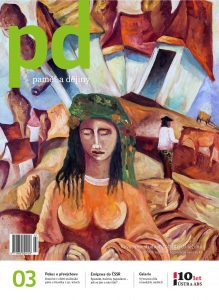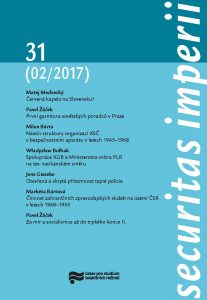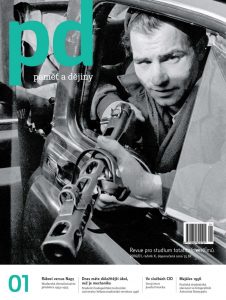
Rákosi versus Nagy Maďarská destalinizační předehra 1953–1955
One of the causes of the Hungarian Revolution in 1956 was a long-standing deep crisis within the Communist Party. However, it was not out of the blue – its basic contours had begun to take shape during the period of the so-called correction of Stalinist industrialisation and collectivisation known as the New Course. The most visible symptom of the crisis was the clash between two ideological platforms and power groupings personified by the leader of the party, Mátyás Rákosi, and the prime minister, Imre Nagy.
More...
